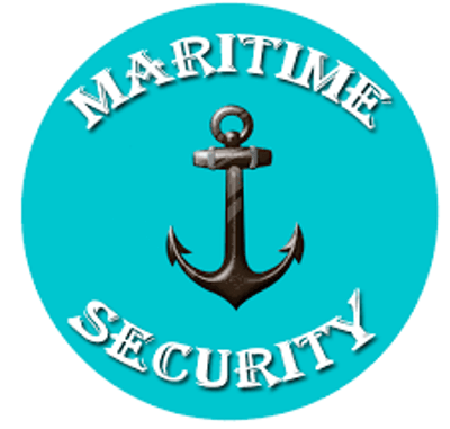Stakeholders involved in maritime security have pledged to coordinate efforts in the fight against maritime insecurity to promote trade through sea within the region.
This formed part of the outcome at the end of a two-day maritime stakeholders’ meeting for ECOWAS members and Mauritania in Abuja on Tuesday.
The meeting was on the EU-funded programmes tagged Improved Regional Fisheries Governance in Western Africa (PESCAO) and Support to West Africa Integrated Maritime Security (SWAIMS).
Mr Amadou Tall, Team Leader, PESCAO/ECOWAS said one of the outcomes of the meeting was the commitment of the teams of both programmes to deepen cooperation on all levels.
“We think region, we do not think individual and maritime crimes cannot be fought at the national level only; we need to have joint forces.
“That is why based on this regional strategy, we will make sure that the countries will collaborate to cut down maritime crimes which is very high in our region.
“What we are trying to do to make sure 90 per cent of our trade is done by maritime lines, is to make sure our territorial waters are safe and one of the things to do is to join forces and at the end of the day we will have positive results,” he said.
Also speaking, Col. Abdourahmane Dieng, Head of Division, Regional Security, ECOWAS said that collaboration among stakeholders would be built through the two EU-funded projects, SWAIMS and PESCAO.
Dieng explained that the Gulf of Guinea was one of the most important maritime routes for about 80 per cent of global traffic in terms of business, freight and navigation.
He said it was pertinent to ensure the zone was secured “in the interest of our countries and also in the interest of the vessel owners mainly coming from Europe”.
He also said that with the plan of action set by both projects, 80 per cent of the projects would have been achieved at the end of the duration set for both programmes.
“We have just realised that there are many other stakeholders intervening in the maritime domain and we need to coordinate our actions, to have better ways of using our resources by building synergies and avoiding duplication.
“Governments are trying, but we have realised that individual countries are not able to make it alone because maritime crimes are organised by nature and we have to come together and there are activities that can help to get rid of the issue.”
Mr Serge Rinkel, Team Leader SWAIMS said that the team was set to find new ways of investigation of all forms of maritime crimes and enhance coordination with all law enforcement agencies.
“What we are going to do now is to harmonise the fight with the other European-funded agencies and coordinate the action of the agencies and find new solutions in order to stop criminality.
“So it means developing new means of investigation, it means coordinating all law enforcement agencies.
“So we have to be united to try to concentrate all our efforts on the same goals.”
PESCAO is a four-year programme aimed at defining an articulate, inclusive and equitable regional policy for maritime fisheries in West Africa and to effectively fight illegal, unreported and unregulated fishing.
The programme, which is under the responsibility of ECOWAS Department of Agriculture, started in May 2018 and would end in 2023.
SWAIMS is another programme intended to prevent criminal activities in the Gulf of Guinea and support the ECOWAS in its implementation of the Integrated Maritime Strategy.
The programme began in January 2019 and is expected to run for four years. ====NAN




